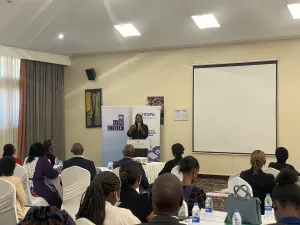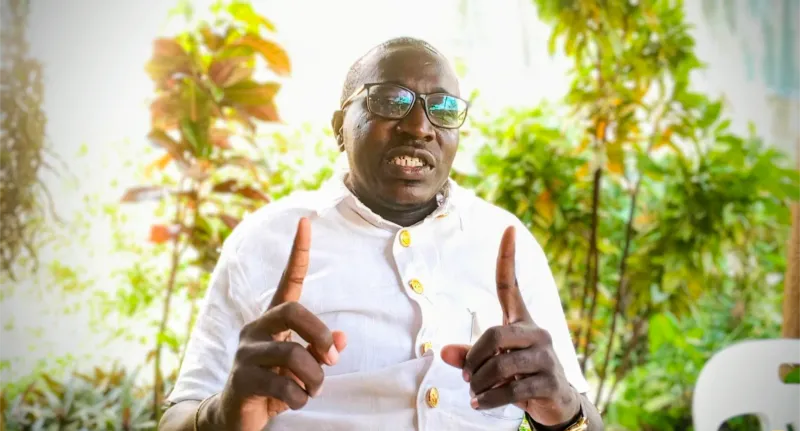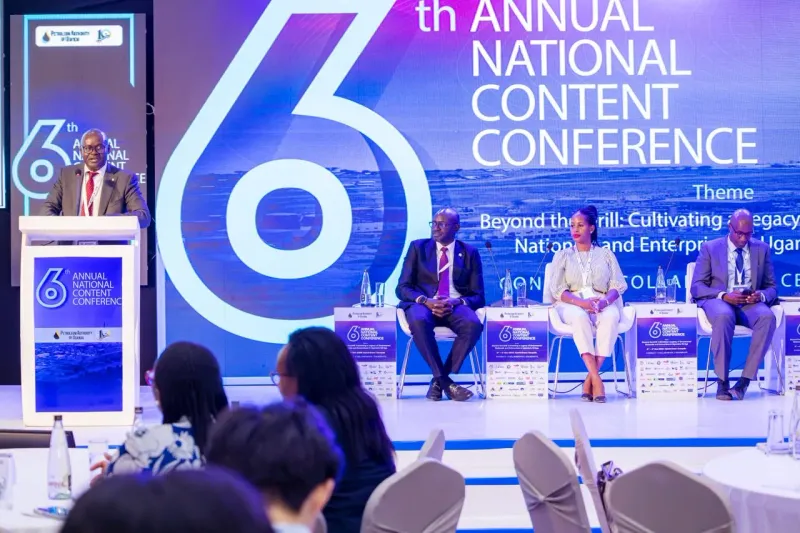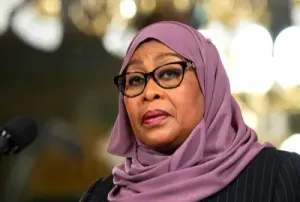Latest News
latest
- Jacqueline Mbabazi Declared Unopposed for Western Region Older Persons Parliamentary Seat
- Panic and Injuries Reported as Strong Earthquake Strikes Northern Japan
- Niger State Confirms Release of Over 100 Abducted Students
- UPDF Commends Returning Troops, Flags Off New Contingents for Peace Missions
- Isingiro North Aspirant Chains Himself at UNEB Gate Following Election Disqualification
- Minister Mao Recounts Deadly Bombo Accident Involving Minister Oleru's Escort Vehicle
- Trump Honored with FIFA Peace Prize for Global Diplomacy Efforts
- Western Nations Call for Return of Bodies After Tanzania Election Violence
- URA Arrests Two Over Super Match Cigarette Export Fraud
- Hoima City Stadium Ready for Commissioning as Uganda Prepares for AFCON 2027
- Uganda’s Youth Gear Up for Careers in the EACOP Oil Project
- WFP Global Fleet Hub Established in Uganda to Boost Regional Aid Delivery
columnists
Uganda’s Youth Gear Up for Careers in the EACOP Oil Project
'Uganda’s Youth Gear Up for Careers in the EACOP Oil Project'







































